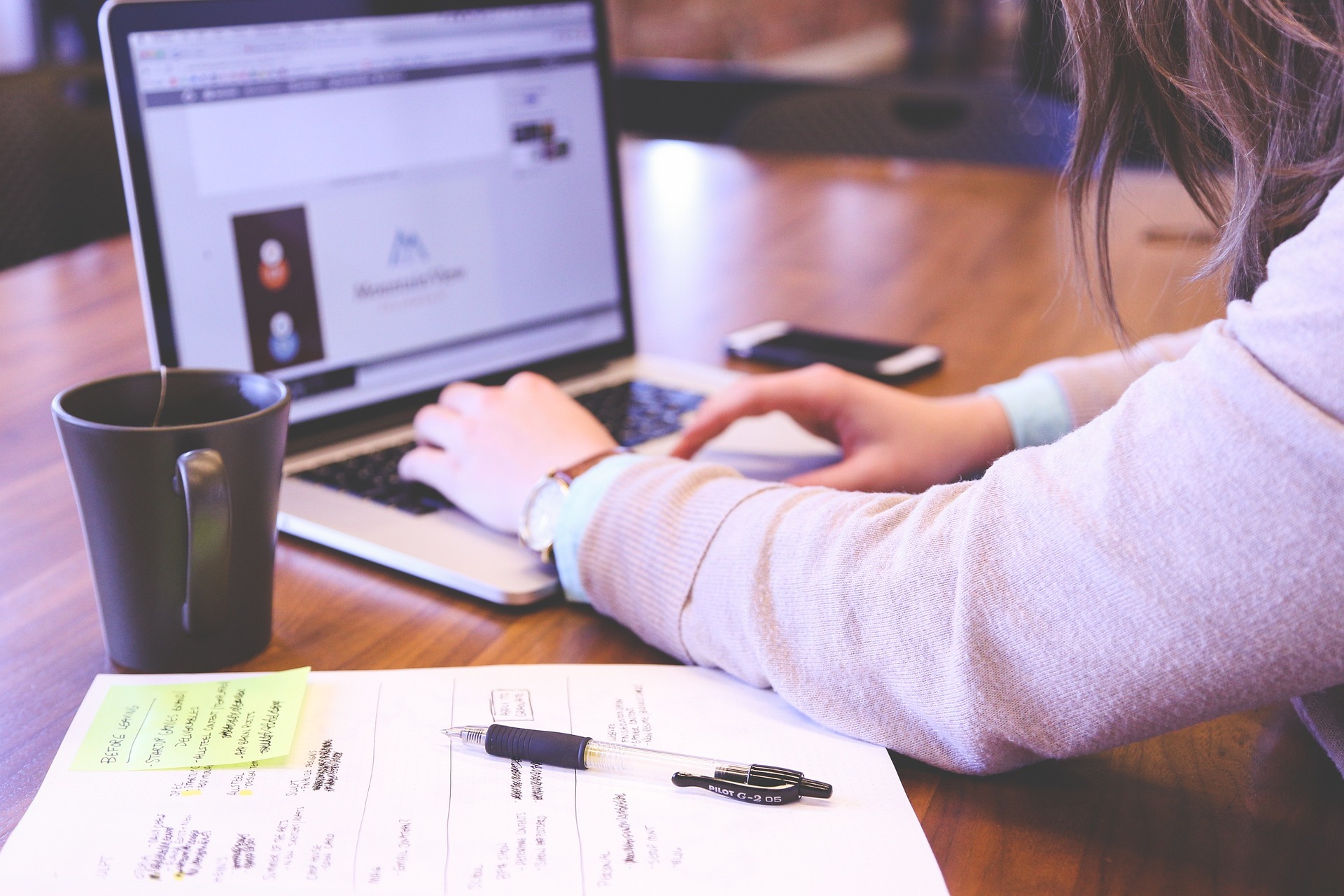The “new year, new you” trope is everywhere right now. With resolutions fresh, January traditionally is the time of year where many strive to get things done.
But if you feel like you’re having a hard time making it through your to-do list, you’re in good company. Clicky headlines in recent years proclaim that the average human attention span is now shorter than that of a goldfish. And while that may not exactly be accurate, many of us certainly feel like it’s harder to focus. A study by Kings College of London found that 49% of respondents believed their attention span is shorter than it used to be, versus 23% who didn’t.
What’s really going on, and can we do anything improve our focus? A new book called “Attention Span: A Groundbreaking Way to Restore Balance, Happiness and Productivity” explores these questions and more. Author Gloria Mark, a professor in human-computer interactions at the University of California, Irvine, spoke with the Standard about why our attention span is shortening, and what we can do about it.
This transcript has been edited lightly for clarity:
Texas Standard: People increasingly perceive that their attention spans are getting shorter. But what does the data say about our ability to focus?
Gloria Mark: Well, the data shows that empirically attention spans really are shorter. So let me explain for a bit how we got the data: We use computer logging techniques so we can get very accurate measures of how long people are on a screen. And what we find is that on average, people spend 47 seconds on any screen, computer or phone screen, before switching. Now, this has actually gone down over the years – we started measuring this 15 years ago, and we found it to be 2 1/2 minutes. But it’s declined.
To be totally candid with you, I’m a little surprised – that 47 seconds or so sounds long compared to what I’ve noticed, especially among a lot of the kids that I see around the house; it seems like it’s always a click and give it about 15 seconds and moving right along. Do you think things are still speeding up? And I wonder to what extent you blame technology like tablets and smartphones and that sort of thing?
Well, we can’t fully blame all the notifications and targeting algorithms, because it turns out people are just as likely to self-interrupt. And what that means is if you’re watching someone, then completely out of the blue for no explainable reason, they suddenly stop what they’re doing and they switch – check email or social media. So we are self-interrupters. It’s not just the technology.
I’ve seen some articles saying that the pandemic has been bad for our attention spans. Have you picked up on that, and what do you make of that claim?
Well, you know, one thing about the pandemic is that people are working at home a lot more. And so that means they’re spending more time on the screen. And, you know, my guess is people would be more sedentary as well. We do find in the office that people spend about 90% of their time sedentary at their desk, and this could be even more at home. We haven’t measured that, but we do know that people are spending more time on the screen. There are scheduling calls back to back, so there’s less time for breaks. So it does have an impact.
You mentioned four types of attention states. Could you briefly touch on each of those?
Sure. So the way to think about it is in terms of how engaged you are in something and how challenged you are at whatever it is you’re doing. So these four counts are:
– Focused: You’re very engaged and challenged.
– Rote attention: You’re engaged and not at all challenged.
– Boredom: You’re not challenged and not engaged.
– Frustrated: You’re very challenged, but you’re just not engaged.
Does knowing about these four different states help improve one’s ability to focus?
Yes, it can, because we can’t keep in a focused state of attention for a lengthy period in the same way that we just can’t lift weights all day without taking a rest. And so it’s important to create a balance. So, you know, if you’re spending a long time in sustained focus activity, take a break; pull back. Do something rote; do something where you’re engaged, but you’re just not challenged. Gives your mind a chance to replenish and build back up your mental resources.
I think a lot of conversations about attention span and focus seem to come from neurobiology or a sort of a clinical psychology perspective. Why did you want to study this in terms of human-computer interactions? And I wonder to what extent that influenced how you approached this book, you know, how you think about focus?
Well, you know, we live in a digital age, and people are on their devices for a good portion of the day, whether it is computers or phones or tablets. And I do not feel we can separate our interactions with technology in order to understand attention. And so, you know, when I first started studying this, I thought, there has to be an impact; there has to be some connection between our use of technology and how we’re paying attention. So I just found it was just not possible to separate that.
So I had to look at how people use technology in the wild, which means their real-world environments. You know, a lot of people study attention in the laboratory, and you can get very insightful results from doing that. But I thought that the best way to really understand our state of attention in our current age is to actually look at what people really do when they use their computers in their actual environments.
You mentioned a couple of things that folks can do, and one of them, of course, is recharging if you have a sleep deficit, and also not overdoing it when you have a task that you need to have focus on. Any other tips for minimizing distractions and improving focus?
Oh, sure, there’s a lot of ways that people can gain agency over their behavior. You know – one practice and you can actually learn this as a skill – is to probe yourself, the reasons why you’re doing all these automatic actions. Why are you checking your phone? Why are you going to social media? Why are you checking email? Ask yourself; try to understand these reasons. Are you going because you’re bored? Because your task is too hard? Because it’s a habit? As soon as you become aware of the reasons you’re doing things, then it’s a chance for you to course correct that behavior.
And another thing people can do is to practice what’s called forethought, which means: Imagine your future self later in the day and what you’re doing now and how that’s going to affect your future self. So if I’m going to go on social media for 30 minutes or an hour, how is that going to affect me at 10 p.m. or midnight? Am I still going to be up working on that deadline?













